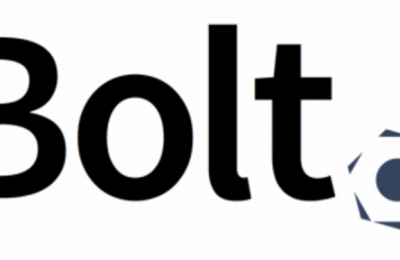Overview for
php
On Tuesday 10th of May the development team released a new major version of Bolt CMS. The Open Source content management system is a lightweight and easy to use tool for managing websites and blogs. In addition it's perfect for learning modern PHP development practises.
Written by Jani Tarvainen on Tuesday May 10, 2016
Permalink -
Tags:
symfony, php, cms, bolt
At the ng-conf event in May 2016 there were sessions discussing how Angular 2 can support server side rendering in various platforms. If you're working on a project running on Node.js, then Angular 2 is a native citizen. For other options like ASP, Java and PHP there are a few options on the table.
Traditionally PHP code is ran on the official PHP implementation, officially known as Zend PHP. Since the launch of Zend Engine 1.0 in PHP 4 way back in the year 2000 Zend has evolved significantly, but deep down it's still the same scripting engine written in the C language.
PHP-PM is a novel way of running PHP applications. Instead of creating an exotic high performance runtime for the PHP language, it takes an alternative route to mechanism of running PHP applications with existing runtimes.
This translates to real performance gains with existing complex applications, not just impressive theoretical benchmark results.
Written by Jani Tarvainen on Sunday April 24, 2016
Permalink -
Tags:
php, php-pm, performance
JavaScript has come to rule the web as of late. It's everywhere, powering things from the backend to the front end. One of the interesting things that have arrived is rendering the same exact code on the server and in the browser - this is known as Isomorphic JavaScript or Universal JavaScript.
Way back in November 2014 the Symfony team introduced the ExpressionLanguage component. It is essentially a simplified version of control structures that you use in the Twig templating language, producing a single value in the end.
Written by Jani Tarvainen on Saturday March 19, 2016
Permalink -
Tags:
symfony, php


